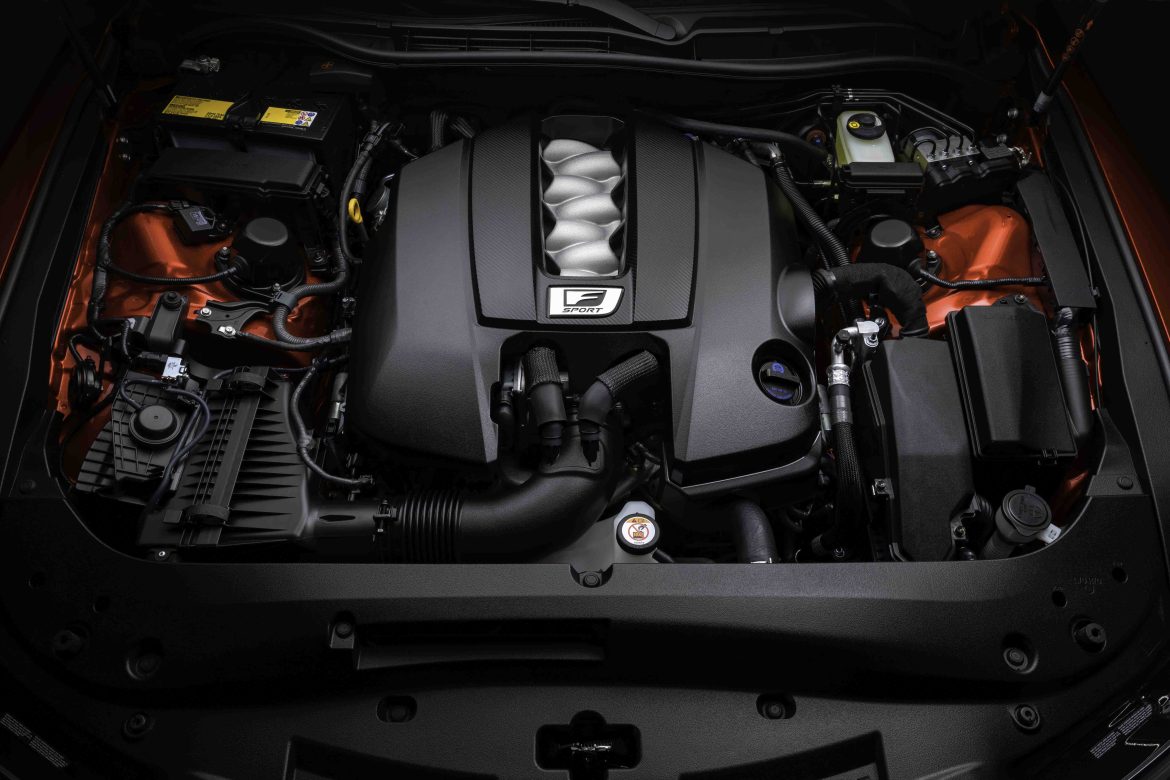Car engine problems are more frequent than you expect. While some of the most common issues can be caused by mishaps that are easy to spot, such as leaking coolant or oil deposits, when your car gives you an engine warning, it could be synonymous with big problems.
How should you react when your car encounters engine issues? Here are 5 crucial questions you need to ask yourself to figure out the best solution.
DO I UNDERSTAND THE PROBLEM?
Ultimately, you need to be familiar with your vehicle and its specific requirements and technology. That’s precisely why it’s a good idea to read through the car manual and even invest in dedicated mechanic documentation. You may never need to repair your car yourself, but you can use the information available to get a better understanding of the situation.
You will also find the knowledge useful when talking to a mechanic so that you can see eye-to-eye with their statement and estimation.
IS IT WORTH THE COSTS?
How much does it cost to get your car engine fixed? Ultimately, there is no strict answer, and it will depend entirely on the type of issue you encounter. A blown transmission repair, for example, could cost as much as $7,000, while another issue could be more cost-effective to fix. So, first of all, you want to establish how the repair cost compares to the overall vehicle value. For all vehicles, engine repair works could be more expensive than the car itself. In this case, it may be cheaper to buy another vehicle.
A new engine typically costs anything between $4,000 and $6,000. For new vehicles, the cost of engine repair is under the value of the car. However, you shouldn’t have to worry about engine problems in a new vehicle. So it’s worth taking into consideration the manufacturer’s warranty, as you may be able to get it fixed for less.
ARE REPLACEMENT PARTS EASY TO FIND?
Even if repair costs are affordable, it doesn’t mean replacement parts are available on the market. You may want to discuss with your mechanic whether the parts you need will be easy to find. Indeed, specialist Anderson connectors for the battery, for instance, may require a special order, which could delay the repair work.
Several parts were hard to source during the pandemic, which affected mechanic repairs. Supply problems are still likely to be around, so it’s worth checking you can get your car back rapidly.
WAS IT PREVENTABLE?
What was the underlying cause for the issue? Sometimes, parts may break naturally as they experience wear and tear over time. User error could also play a role in the engine issue, such as using the wrong engine oil for your vehicle. But, if your mechanic is unable to tell why the issue occurred, it could happen again in the future.
CAN I AFFORD IT?
Last but not least, your vehicle budget may make it challenging to face unexpected costs. If you don’t have emergency savings, it can be helpful to ask about financing or car loan options that can help with the invoice.
Engine repairs could drive your car expenses through the roof. If you notice the engine warning light on your dashboard, the sooner you act, the more likely you are to reduce damage risks. Make sure to clarify the type of engine fault and its cost before deciding whether you are ready to get it fixed.
Photo Credit: Lexus


